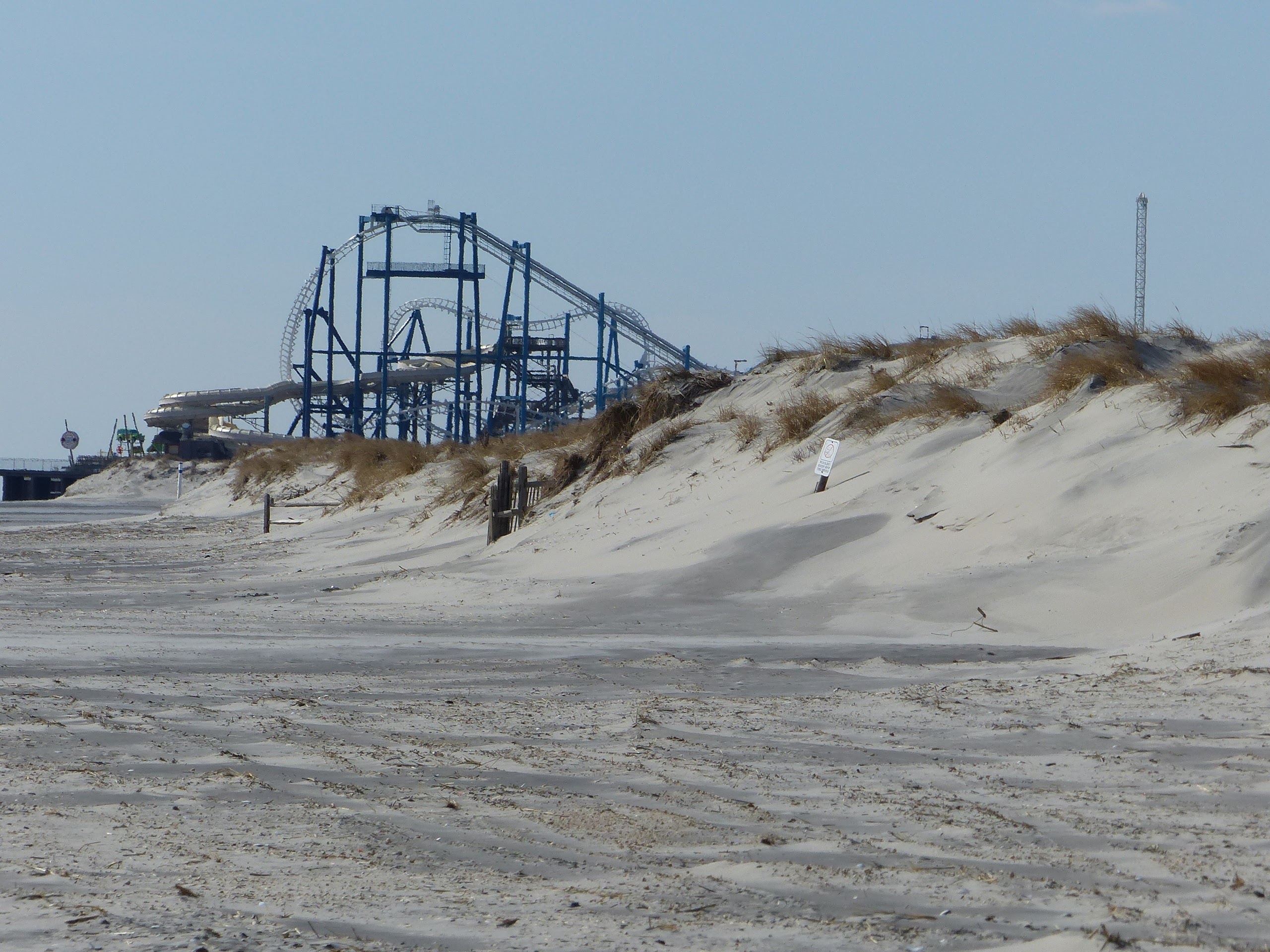CREST HAVEN- In prior columns, I wrote about the first four weeks of boot camp. While these weeks are a period of learning and growth, trial and error, week five is when it all starts to come together.
“Week five is an interesting week.” Said Company Commander Christopher Keplinger. “A lot of people call it the roller coaster week. They come together, fall apart and come together. A lot of people say they are coming together as a family.”
At week five, the recruits are put on their own a little and the company commanders aren’t watching over them as closely.
It is the recruit company’s opportunity to see if they will be able to organize themselves and complete their assigned tasks. They need to come up with a plan, break it down into specific details, and take ownership of their work.
In week five, recruits get their first major work detail, which is to clean the brass all over the base, including the big bells, the Douglas Monroe statue and between classrooms. It has to be done by 8 a.m.
This week, Keplinger’s company had additional work detail, which was to clean up six months worth of dirt and grime at James Hall, a building where recruits are housed. He said they came together well to tackle the job.
In week five, there are also a lot of seamanship classes, most of which are hands-on. Some include how to put on a personal floatation device, learning signaling devices and how to work lines.
Also, at this point the recruits have been drilled so frequently on fire drills and flooding drills that it is all now second nature.
By far the most important aspect of week five is that the recruits finally get their orders and learn where their first duty station will be when boot camp is over. They also become identified as actual members of the Coast Guard, so they are excited and nervous.
Typically they get orders for the area they requested, or for the kind of unit they want to be in, such as a specific cutter or station or classification of cutter. Most say they want to go to a small boat station, but if there are big boats that need to be filled up, some people have to go there.
In Keplinger’s current company, many wanted to be buoy tenders, which is also called a “black haul.” This means going to fix the aids to navigation.
“It’s tedious and the same thing over and over, but it’s a good day’s work.” says Keplinger.
Once the recruits find out where they’re going, they can start to research their unit and find out what life is going to be like.
Keplinger understands what it’s like to be a recruit because he entered the Coast Guard as one right out of high school, in 1994.
A native of Prairie Village, Kansas, Keplinger’s first duty station was at Loran Station Attu in Alaska. He served almost 10 years of sea time at various locales before becoming a company commander.
When he is through in Cape May, he plans to return to the fleet in his position as chief damage controlman, performing duties that include welding, plumbing and carpentry. He also teaches basic fire fighting techniques as well as underwater haul damage, which is how to patch up a boat and keep it afloat.
Says Keplinger of his job as company commander, “We are not training our replacements, we are training the fleet we will go out and work with.”
Though not all company commanders do this, Keplinger has a yeoman keep a journal of the thoughts of his training companies. He shared with me a couple of the quotes that were recorded recently for week five:
“Independence is earned,” said one recruit. “We can strive on our own without anyone babying us. We feel more confident rather than scared mice. Trusting the company commander, recruits finally realize the company commanders aren’t trying to kill us but are there to help us succeed.”
Said another recruit, “We feel like we are part of something. Rather than just a recruit, we feel more pride in our country, and in the Coast Guard.”







